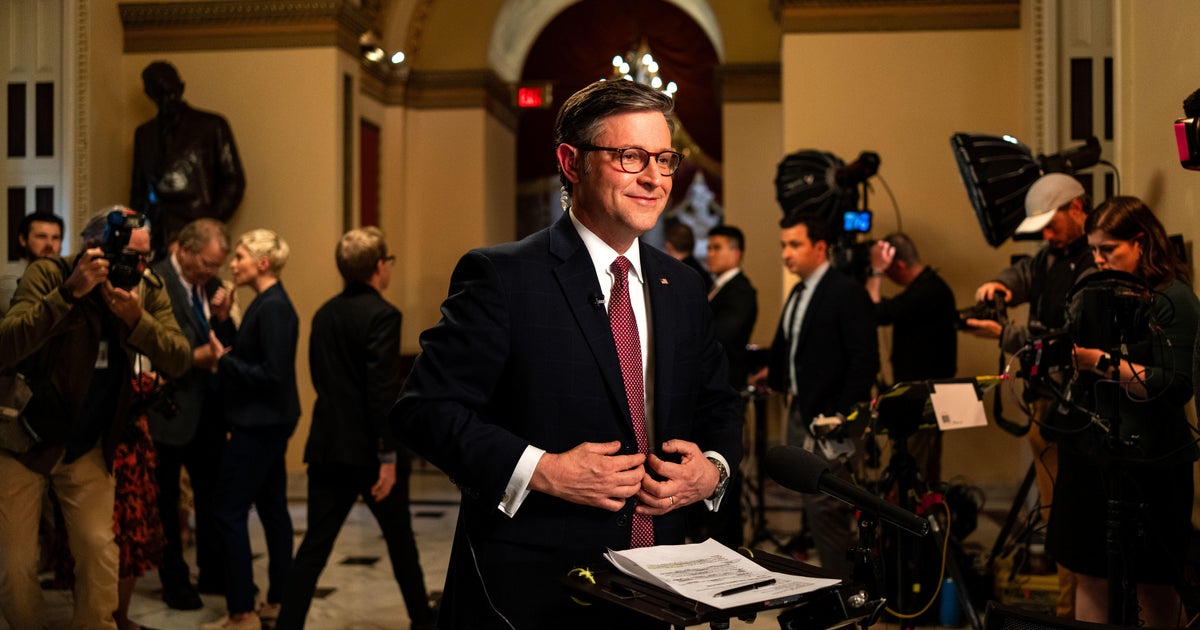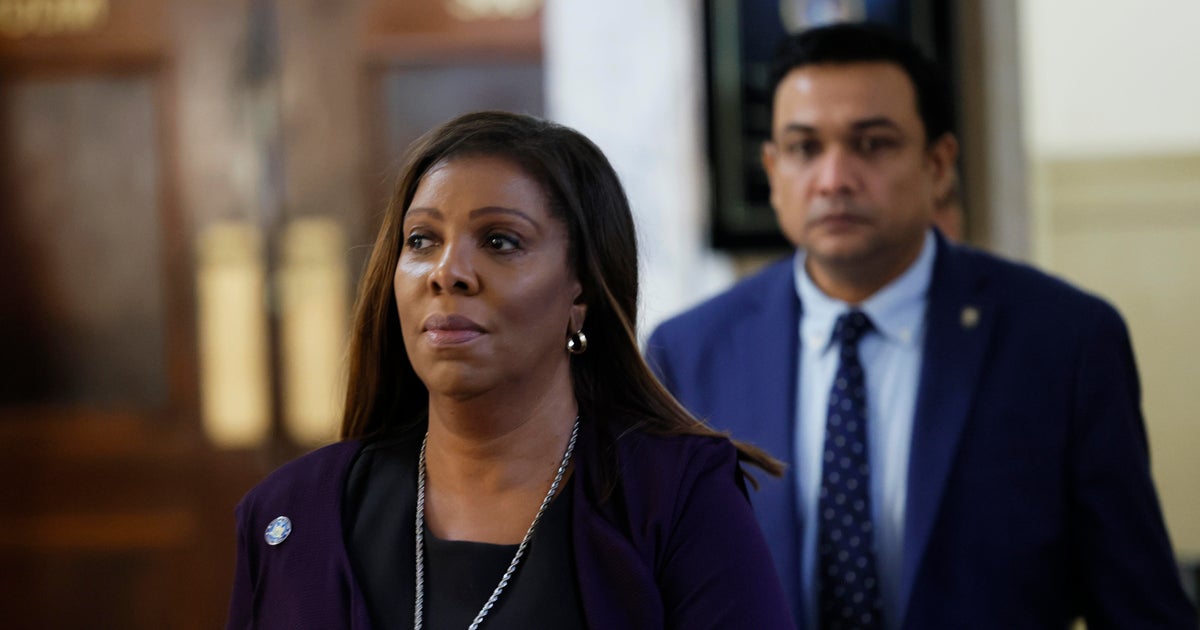Despite a tumble in polls and fundraising O'Rourke campaign betting it all on Beto
Around this time a year ago, Beto O'Rourke was on his way to becoming one of the hottest commodities in Democratic politics. He shattered records by raising $80 million for his U.S. Senate race, through grassroots donations from across the country, and his entrance into the 2020 presidential primary was among the most anticipated.
Now, four months into his White House campaign, O'Rourke finds himself polling at the bottom of the pack. And his second-quarter fundraising report released this week found he brought in just $3.6 million--half of what he raised on the first day of his campaign and less than what U.S. Senate candidate Mark Kelly raised in Arizona.
The campaign already went through a reboot in May, prioritizing national media interviews and forums after several weeks of smaller, intimate events. O'Rourke didn't get the breakthrough moment he was seeking in the first presidential debate last month, and instead was the focus of criticism by his Texas colleague, Julian Castro. Candidates like Elizabeth Warren and Kamala Harris are on the rise, and South Bend Mayor Pete Buttigieg proved to be the new fundraising powerhouse of the moment.
Still, O'Rourke, an avid runner, is determined to stay the course, insisting his campaign is "a lot like a long-distance run." And the campaign believes success will come, that O'Rourke is sure to outwork his competitors on the ground. The campaign isn't planning to shift gears, continuing his packed schedule of small town halls and face-to-face conversations in places that his campaign says are often overlooked by Democrats. Key to this strategy is the belief that Beto is the best spokesperson for the campaign and over time voters will rediscover what made him such a star in 2018.
"No one wants to be this low in the polls, and it's only honest for me to say that," O'Rourke said in an interview with Jemele Hill's "UnBothered" podcast released Thursday. "In a six-minute interview on "Face the Nation," in a one-minute answer on a debate stage, I don't know that I can convey adequately why I'm doing this...it is only by connecting with people, one town hall meeting, one person at a time."
Despite low fundraising, the team is focused on building out a larger infrastructure, announcing earlier this month at least four additional national positions within the campaign, including a new finance director – at the expense of Democratic rival Governor John Hickenlooper.
The campaign might also be part of a larger test of themes in the Democratic primary and post-Trump presidential politics, including whether the national political environment overshadows traditional retail campaigning and whether there is room and time to make new impressions, particularly in a field and party that prides itself on diversity.
"Frankly there is a narrative out there that actually doesn't really align clearly with who this person is. The kind of leader he is. The life he's led, but also reflective of the interactions he's having on the ground in states with voters which is very different than what you're hearing nationally," campaign manager Jen O'Malley Dillon told CBS.
"I think that the reality is to be successful in 2020, to be successful ultimately against Donald Trump, you can't do things the same old way. It's going to require, we believe, a new kind of politics and a new way to go about engaging people, bringing people into the process of this campaign and this country," O'Malley Dillon said. "And we don't really feel like we're beholden to a structure of a framework that exists."
O'Malley Dillon joined the campaign in March and has focused on professionalizing what had been a skeletal operation essentially run by O'Rourke himself. The lack of guardrails early on contributed to the negative national perceptions of the former congressman, which he is still trying to change.
"He had a moment coming out of his Senate campaign where people were very excited and anxious to see him get in, but the delay in making that decision really impacted the energy around his campaign," says Democratic strategist Jamal Simmons, noting that the energy in the party is around women. "It's like a wave you catch. Now, they are spending time trying to create a wave, or to be ready for another one that might surface."
Much has been written about the early public hurdles the campaign faced, beginning on day one of its launch. A glossy Vanity Fair cover with the candidate proudly declaring that he was "born to be," in the race was followed by a series of apologies, including one for a comment made about "sometimes" helping his wife, Amy, raise their kids. Internally, the campaign faced the task of building its foundation while the wheels were already in motion.
"We have been building this campaign since the minute Beto got in. But unlike other campaigns and other folks in this race, we had not planned for this for a long period of time." O'Malley said. "We didn't start this with a really significant infrastructure."
Another hurdle for the campaign is the debate format, which prizes soundbites and sharp critiques. O'Rourke answers questions in long form, often threading anecdotes and items he has learned from the trail. His interactions are not concise or easily distilled into a bit. The style works well in town halls, but he found himself on defense in June's debate.
O'Malley Dillon made O'Rourke re-watch the debate afterwards, the former congressman told Hill's podcast. "I've got to figure out how to do it and find a way to be comfortable in those settings," O'Rourke said. "It's an incredibly unnatural position...Watching that was helpful for me...I think something needs to come through that's a lot more 'me' in the way that I give those answers."
With two dozen candidates in the race, the debates and national media are playing an outsized role, even in places that traditionally prize retail campaigning.
Iowa veteran Democratic strategist Jeff Link says that voters still like to see the candidates in person, but are using the debates and cable news coverage to help inform their decision. "It's an unbelievable audience," Link says, noting the high number of people that watched the debates.
Even though the 2020 campaign began early, "the race is not formed yet," says Link. "If you talked to most engaged likely caucus attendees, they are just trying to get a handle on who all is running. They are early, early in their thinking process..they are just getting very small vignettes of what's going on. It is so prone for change."
That sentiment is what keeps the O'Rourke campaign going.
"The thing is in campaigns, there can always be another moment," says Simmons. "The trick is to stay alive long enough and build a machine that is ready to catch a wave when it comes."




